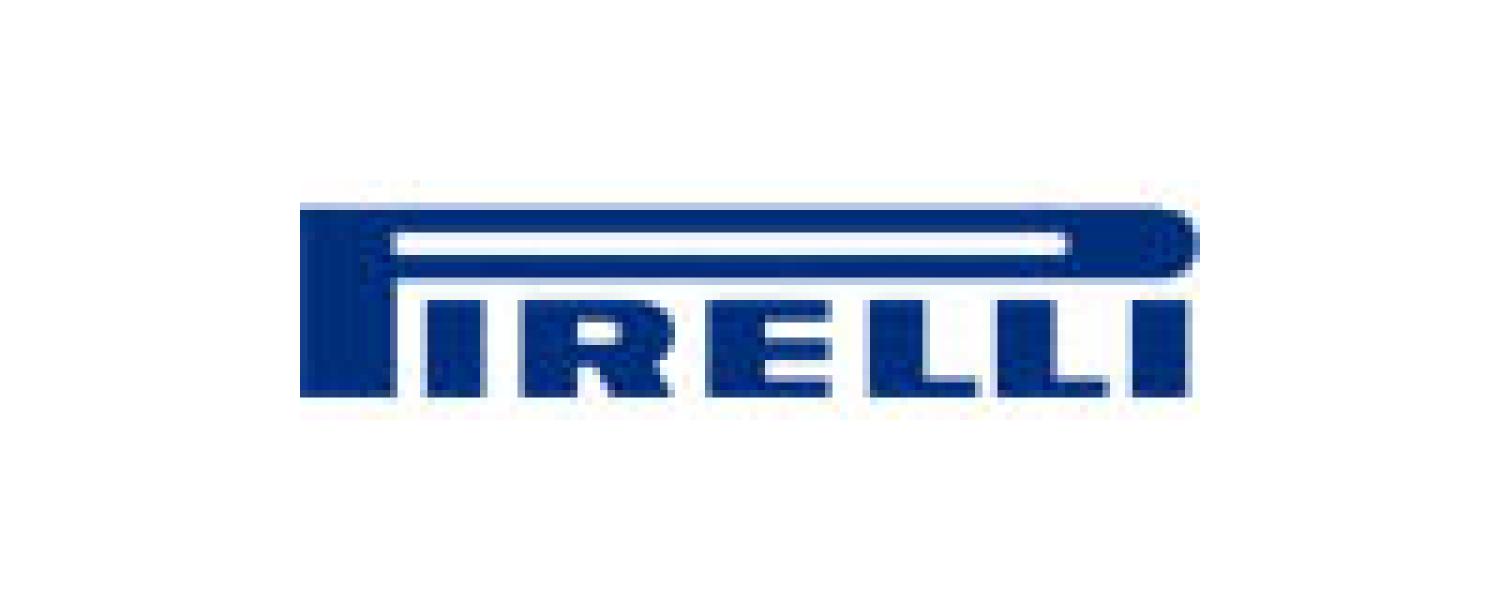
Pirelli & C. S.p.A.
Institutional Member
Contact Information


Established in 1872, Pirelli is one of the world's largest tyre manufacturers. Its production is concentrated in the Consumer segment where, thanks to a distinctive high-end positioning, it holds leading positions at the international level in the Premium and Prestige market segments.
The Board of Directors plays a central role in the strategic guidance of the Company and the Group as well as in supervising the overall business activities, with powers of guidance in overall administration and of direct intervention in decisions necessary or useful to the pursuit the business purpose.
The Board is entrusted with the most important decisions in economic/strategic terms or in terms of structural impact on operations or impact on control and guidance of the Company and the Group.
On May 12, 2016, the Board of Directors resolved to establish four consultative Board Committees:
- Strategies Committee;
- Remuneration Committee;
- Appointment and Succession Committee;
- Audit Committee.
Audit Committee operating also in the areas of internal control, risk, sustainability and group corporate governance guidelines, here is an example of committees:
- Ethical Code:
The Group Code of Ethics formulates the general principles (transparency and fairness) inspiring the conduct of business. It indicates the objectives and the values informing business activity in relation to the main stakeholders with which Pirelli & C. S.p.A. interacts on a daily basis: the shareholders, the financial market, customers and staff.
This document provides all the Group's affiliates with cogent and uniform guidelines for the professional practices to be followed by anyone who work for or on behalf of the Pirelli Group, or has business dealings with it ("Addressees of the Code") including agents and other intermediaries.
- Anti-corruption program:
On 5 August 2013 the Board of Directors of Pirelli & C. S.p.A. approved an Anti-Corruption program, called the “Premium Integrity Program”. This is the program of reference in terms of banning corruptive practices and is a systematic collection of principles and rules already adopted within Pirelli, integrated with “new” and specific dispositions, in order to prevent or reduce the risk of corruption. It further strengthens the anti-corruption infrastructure of the Group and integrates, for Italy, the “231” Organizational Model.
This program was developed from the results of a specific evaluation of exposure to risks of corruption in the countries where the Group operates. This evaluation will be repeated periodically in order to guarantee steady monitoring of such risk; in addition, suitable education and awareness programs will be developed where they could be useful.
This “Premium Integrity Program” defines the values, principles and responsibilities that Pirelli, all its employees and all those with business or other relationships with the company, adhere to in terms of fighting corruption.
Pirelli Group "Social Responsibility Policy for Occupational Health, Safety and Rights, and Environment"
"Pirelli Group activities are governed by the Code of Ethics approved by the Board of Directors and comply with the Sustainability Model envisaged in the United Nations Global Compact that was signed in 2004."
- Social Responsibility Policy for Occupational Health, Safety and Rights, and Environment
The Pirelli Group pursues and supports compliance with internationally proclaimed human rights.
By publishing its "Health, Safety, Environment and Social Responsibility Policy" (HSE & CSR Policy), signed by the Chairman in June 2004, Pirelli has internally diffused and at the same time strengthened its guarantee for a correct balance between sustainability and industrial development.
This policy was amended between the end of 2009 and the beginning of 2010 and the "name" of the Policy has also been changed to " Social Responsibility Policy for Occupational Health, Safety and Rights, and Environment."
The new version specifically mentions Pirelli's firm adherence to the international rules that also constitute the basis for the ten principles of the United Nations Global Compact.
As in the previous version of 2004, the commitments made by Pirelli through the Policy respect and support the "Universal Declaration of Human Rights", the "International Labour Organization's Declaration on Fundamental Principles and Rights at Work," the "Rio Declaration on Environment and Development" and the "United Nations Convention against Corruption" and also reflect the obligations set out in the Standard SA8000®.
The updated version of the Policy has been distributed to all Group employees through a specific internal communication campaign during the first several months of 2010.
Besides group suppliers are formally required to comply with the Policy, by signing the "sustainability clauses" included in the supply contracts.
- Product stewardship policy
Product Stewardship is part of Pirelli’s sustainable and ethical business culture and includes all activities aimed at minimising the health, safety, environmental and social impacts of products throughout all the phases of their life-cycle.
Our responsibility on materials innovation, product design, sourcing, manufacturing, distribution, and performance during a product’s use, disposal and recycling is to pursue the right balance between economic prosperity, environmental protection, public health and social needs.
Pirelli provides its Stakeholders with a dedicated channel (the “Group Whistleblowing Policy-Complaint Procedure” published on the Pirelli website) for reporting any situation, including anonymously, that in breach of this Policy poses or could pose a risk regarding Pirelli Product Stewardship matters.